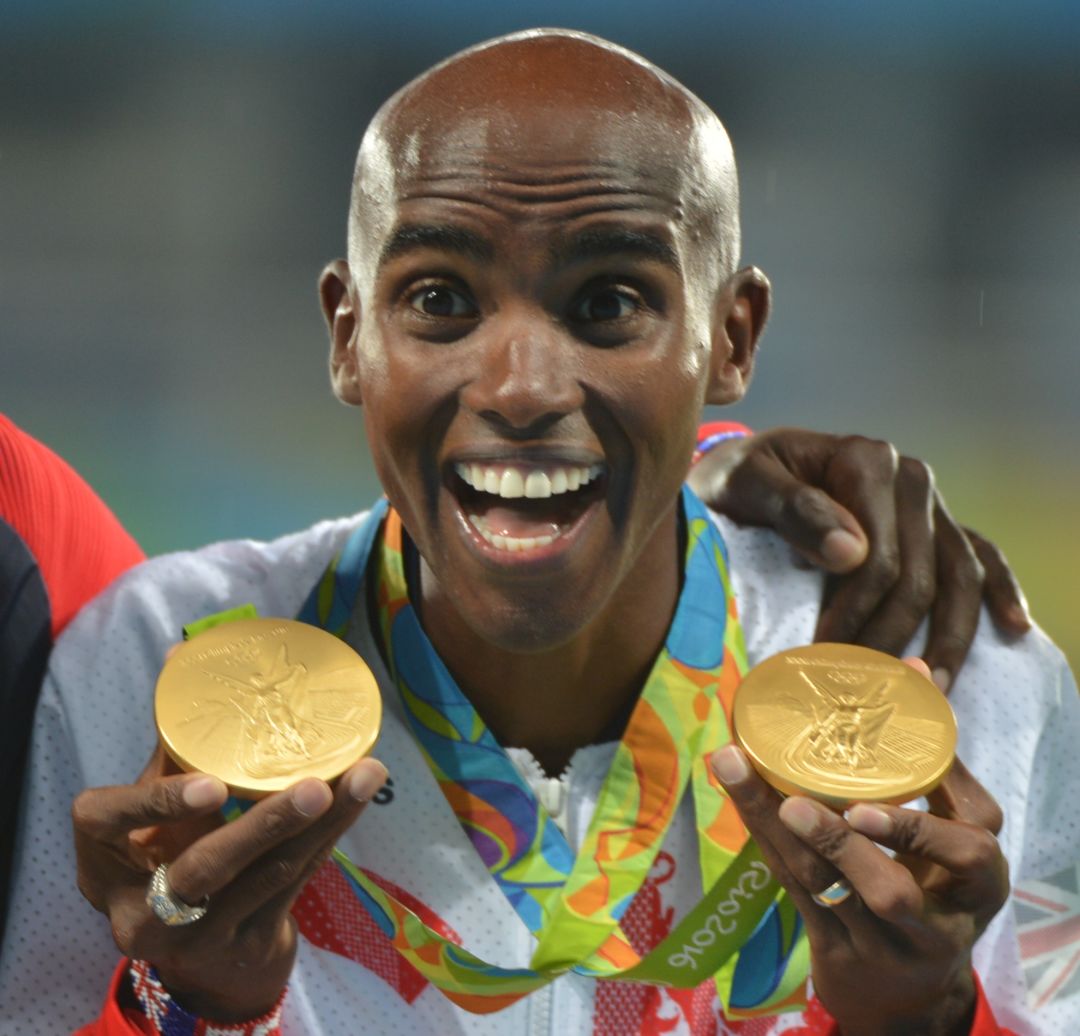From CEOs to Olympic Medalists, Portlanders Voice Opposition to Trump's Immigration Order

Distance runner Sir Mohamed Farah—who won double gold at the Rio Olympics—was born in Somalia, raised in London, and now lives and trains in Portland. He was one of many locals to speak out against Trump's executive order on immigrants and refugees.
Image: Wikimedia Commons
You don’t often find protestors, academics, and corporate chieftains on the same political page. But credit the great unifier, President Donald Trump, with a rare feat: since the January 27 executive order on immigrants and refugees, a rangy Portland and Oregon coalition of all of the above has emerged to oppose the Administration’s move.
Protestors converged on PDX, as they did at many of the nation’s major airports. (As CNN reported, one protestor’s sign made the link between Yemen, one of seven Muslim-majority nations targeted by Trump’s ban on immigration, and our city’s coffee consumption.) As social media-mobilized activists massed, corporate titans and major institutions crafted their own responses. At Portland State University, where at least 76 students could be directly affected by the executive order, President Wim Wiewel expressed dismay; the University of Oregon sounded much the same note.
But some of the strongest language came from the corporate suite. Intel, long the state’s largest private employer, proclaimed that “that immigration is an important part of our diversity and inclusion efforts,” and promised human-resources and legal support for employees affected by the executive order’s provisions. Columbia Sportswear CEO Timothy Boyle released a lengthy and emotional memo, noting his family’s emigration from Nazi Germany. And Nike CEO Mark Parker dispatched an email to the footwear giant’s global staff email list that led with this statement:
“Nike believes in a world where everyone celebrates the power of diversity. Regardless of whether or how you worship, where you come from or who you love, everyone’s individual experience is what make us stronger as a whole. Those values are being threatened by the recent executive order in the U.S. banning refugees, as well as visitors, from seven Muslim-majority countries. This is a policy we don’t support.”
Parker’s message also cited a Facebook statement by British gold medalist Sir Mohamed Farah, who was born in Somalia, raised in London, and now lives and trains in Portland. Farah’s brief message read, in part:
“On 1st January this year, Her Majesty The Queen made me a Knight of the Realm. On 27th January, President Donald Trump seems to have made me an alien.”
While it currently seems that Farah and other British nationals will not be affected by the order, his statement—as a Portlander, and as a person whose international life story took him to the top of his profession—still underscores the remarkable tenor of the moment.




